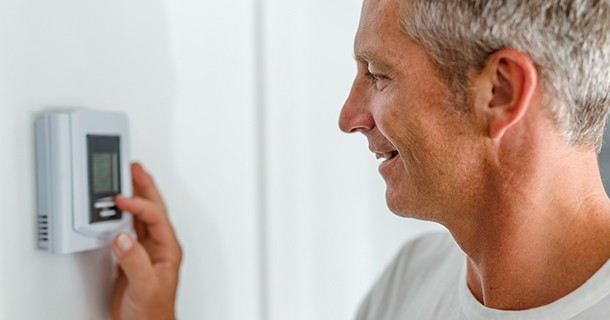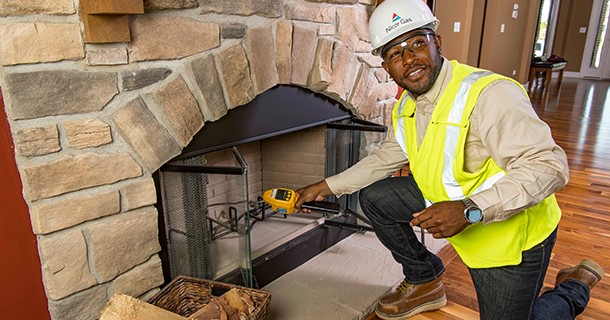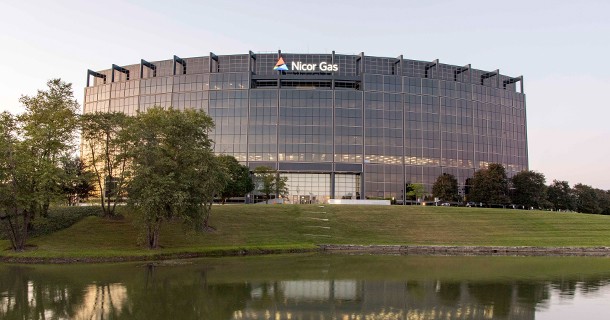Many utility lines are installed using trenchless technology, also known as directional boring. This avoids disruption to landscaping, sidewalks and streets. On rare occasions, a natural gas line installed using this technology can accidentally intersect with an existing sewer line, creating a cross bore. While a natural gas cross bore is not immediately hazardous, cleaning sewers with mechanical devices can damage intersecting natural gas lines, releasing natural gas and causing unsafe conditions. Special attention is required when cleaning clogged sewer lines if natural gas lines are present.
Before you (or your plumber) start any sewer work, think ACT and do your part to keep yourself and your community safe. You can prevent emergencies by calling 811 before clearing a clog. Remember, calling 811 is the law.
Sewer safety is an easy ACT
To find a qualified professional near you who can perform this work safely, contact our Natural Gas Advantage Dealers here or contact Customer Service.
If you suspect a cross bore is present, stop work immediately and call Nicor Gas at 888.642.6748 to report a gas emergency. Be sure to let the customer service representative know that you have discovered a cross bore. Nicor Gas will dispatch resources to remove the cross bore safely.
Know the signs of a natural gas leak:
LOOK for discolored vegetation, blowing dirt or continuously bubbling water in the area of a buried gas line.
LISTEN for a hissing sound.
SMELL for the distinctive “rotten egg” odor of natural gas.
Be aware that some individuals may not be able to detect the smell of the natural gas odorant because they have a diminished sense of smell, because the scent is being masked by other odors in the area or because the odorant has diminished so that it is not detectable.
If a natural gas line is damaged accidentally or you smell natural gas:
Leave the premises immediately and instruct others to move a safe distance away from the potential leak, while avoiding any source of ignition, like a cell phone, cigarette, match, candle, flashlight, electronic device, vehicle, light switch or landline.
Avoid using machinery, equipment or anything that might ignite a spark.
Call 911 and the Nicor Gas 24-hour emergency phone line at 888.642.6748 from a safe location.




